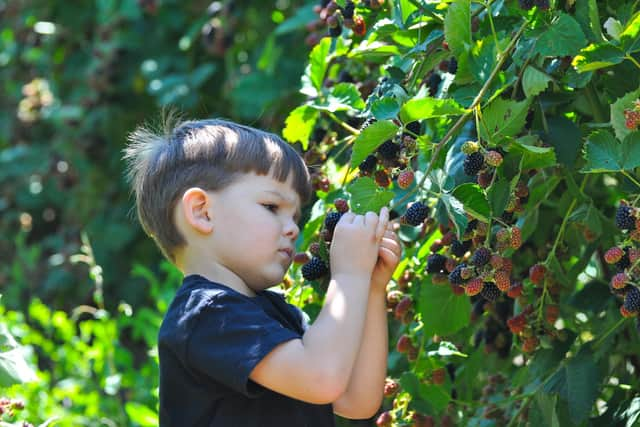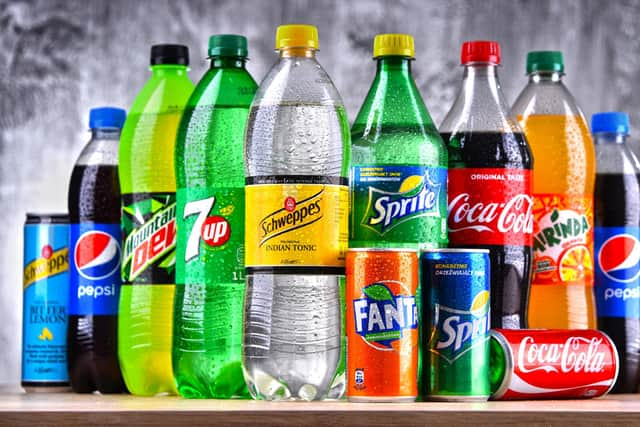Going Green: Small changes now mean we won’t be so reliant on food imports for our family food security


With Valentine’s Day and Easter this year already big chocolate buying holidays, the sweet treat we all love is getting pricier. In fact, chocolate prices are at a record high. Hershey’s – the big chocolate company in the US is passing on the price hikes to consumers while Cadbury’s in the UK is shrinking products.
When it comes to chocolate, 70 percent of the UKs global consumption comes from West Africa which – due to poor climate and bean disease – has struggled with yields.
Advertisement
Hide AdAdvertisement
Hide AdSugar prices – another ingredient in chocolate have risen seven percent in the last 12 months too due to poor weather condidtions. The UK imports around 46 percent of the food it imports at a cost of around £48 billion so our food security is incredibly important.


The UK produces over 50 per cent of vegetables consumed domestically, but only 16 per cent of the fruit we consume.
With the necessity to import so much though, comes vulnerability.
Olive oil prices for example have soared in recent years with floods, fires, poor harvests and labour costs all contributing to the spiralling cost. In Spain in fact, olive oil was the most stolen item in supermarkets in eight of its seventeen regions recently showing food security is an issue across Europe and not just the UK.
Advertisement
Hide AdAdvertisement
Hide AdThat’s why it’s vital we back sustainable British farming as much as we possibly can especially as this wet weather has been disastrous for planting crops and feeding livestock. #backbritishfarming has its own hashtag and it’s got over 156,000 hits in Instagram.


There are plenty of things you can do to improve your families food security and try and not get hit by the inevitable price hikes that are going to continue throughout the summer as drought and heat stress hit imported crops .
Lots of supermarkets have their wonky veg sections and if you don’t already get from there, why not? They’re always far cheaper too. Not wasting food is another easy way to make shopping stretch further.
Next – and it’s a lot easier said than done when you have children – don’t let your household be a fussy one and get them – and you – to try and eat seasonally. We have amazing rhubarb grown in this country and lots of apples and pears too. Get them out foraging later in the year for blackberries which grow in abundance in woods and on verges across the country.
Advertisement
Hide AdAdvertisement
Hide AdThe Institute of Grocery Distribution (the IDG) have said the consequences of extreme weather events and climate change on global production could lead to a huge 20 percent increase in food prices globally by 2050. That’s just two decades away and very few people I know have an extra 20 percent in their household budget they could easily start spending on their weekly shop.
Small changes now mean we won’t be so reliant on food imports for our family food security.